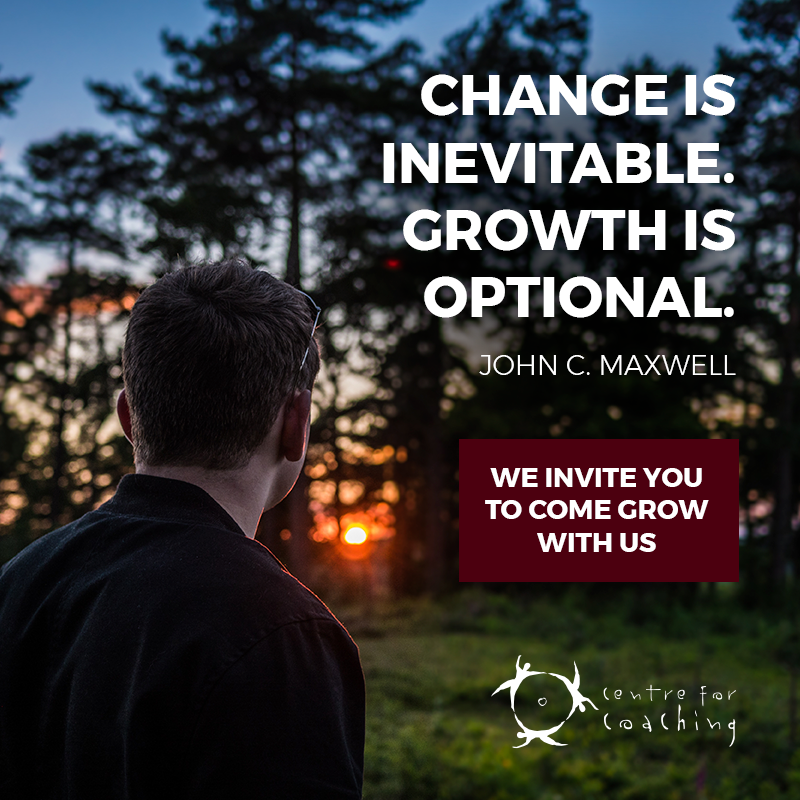Janine Everson, Director of the Centre for Coaching, explores in this third interview of a seven part series on The Secrets of Success in Coaching: “How to develop leaders in the most effective way?”.
One of the biggest challenges facing leaders today is not what you learn, but how you bring what you learn alive and useful into your life. In this third interview, Janine explores this and how to develop leaders in the most effective way, with a powerful example from an industrial setting. You will find a full transcript of the interview below.
Daniel Schwenger:
Hello from the Dukascopy TV studio in Geneva. We are talking about the Secrets of Success in Coaching. And especially, how to develop leaders in the most effective way with Janine Everson from the Centre for Coaching at the Graduate School of Business, University of Cape Town. Welcome to the studio!
Janine Everson:
Thank you.
Daniel Schwenger:
What are the key challenges facing the development of leaders today?
Janine Everson:
Some of the things I’ve noticed is that leaders have the world at their feet. They are able to access almost any training, any information. Many get sent on really good programs and they learn so much. And yet, many, many people don’t know how to take what they learn and bring it back into the workplace and how to use it in the most powerful way. So I’d say probably one of the biggest challenges facing leaders today is not what you learn, but how you bring what you learn alive and useful into your life.
Daniel Schwenger:
So what role can coaching play in the development of leaders?
Janine Everson:
Good question. Actually, I find pictures helpful. And perhaps if we look on two dimensions around coaching, one aspect is how do I receive coaching as an individual so that I can understand how I develop my competencies. How do I learn? How do I implement into my own personal context what I’m going to do? And I’ve noticed the leaders who’ve received coaching – one-on-one coaching for themselves – have really exponentially been able to deploy what they’ve learned in a much more helpful way.
But there’s another dimension as well. And that is that leaders, if they’re able to learn the skill and competencies of basic coaching – it doesn’t have to be advanced – but how to get the most out of others, how to listen to them in a really powerful way, how to harness the contribution of others, how to collaborate; that takes skill.
And that’s not necessarily something we’re taught. We’re not taught how to speak and converse with others, how to build relationships. If you have a leader who can deploy what they’ve been taught and learn how to connect with others and really develop others themselves, you are able to generate fabulous business results.
Daniel Schwenger:
Can you give us some examples of individuals and in an organisational context?
Janine Everson:
Yes, well, one example I thought of is actually in a factory situation. You know, one thinks that coaching is only useful in a very calm place with lots of space and time. A factory manager attended one of our coaching programs. He had also been on many other trainings. He had to deploy and bring a whole new plant online and he discovered it was all going terribly, terribly wrong.
When he told me the story, he said at that time, he had workers lining up outside his office. And the system in those days was everything got referred up the line and landed on his desk. So if the worker didn’t know what to do, they spoke to the supervisor. The supervisor to the foreman, the foreman to the engineer; the engineer in his office. He was working 12 to 16 hour days.
And eventually, his ops director said to him, “You know, this has been going on for so long. You cannot survive. You’re going to kill yourself if you’re not careful.” And the manager said, “I’ve tried everything I can think of.” And his director said to him, “Well, what about coaching?” And he said, “But impossible! How could coaching work in a factory? There isn’t time, it’s a disaster.” And his manager responded “So try it. You’ve got nothing to lose. Try it.”
And this guy turned around and he said, “All right. I’m going to push back to people who come to me. I’m going to say right starting at the workforce, ‘What do you know? Explain to me your thinking, what’s happening for you.’” And after a while, as soon as the workers realised he was serious, they started actually telling and sharing their thoughts.
And before he knew it, he said within four weeks, there were maybe one or two people outside of his office. And by six weeks later, his desk was clear. He said he was able to go home at a normal time. In fact, a few months later, he started feeling so guilty about not working so hard, he decided to come study further with us. And that’s where he shared the story. So I thought, “All right. That is worth sharing.”
Daniel Schwenger:
Janine Everson from the Centre for Coaching, thank you very much for being here today.
Janine Everson:
My pleasure.
– END –




